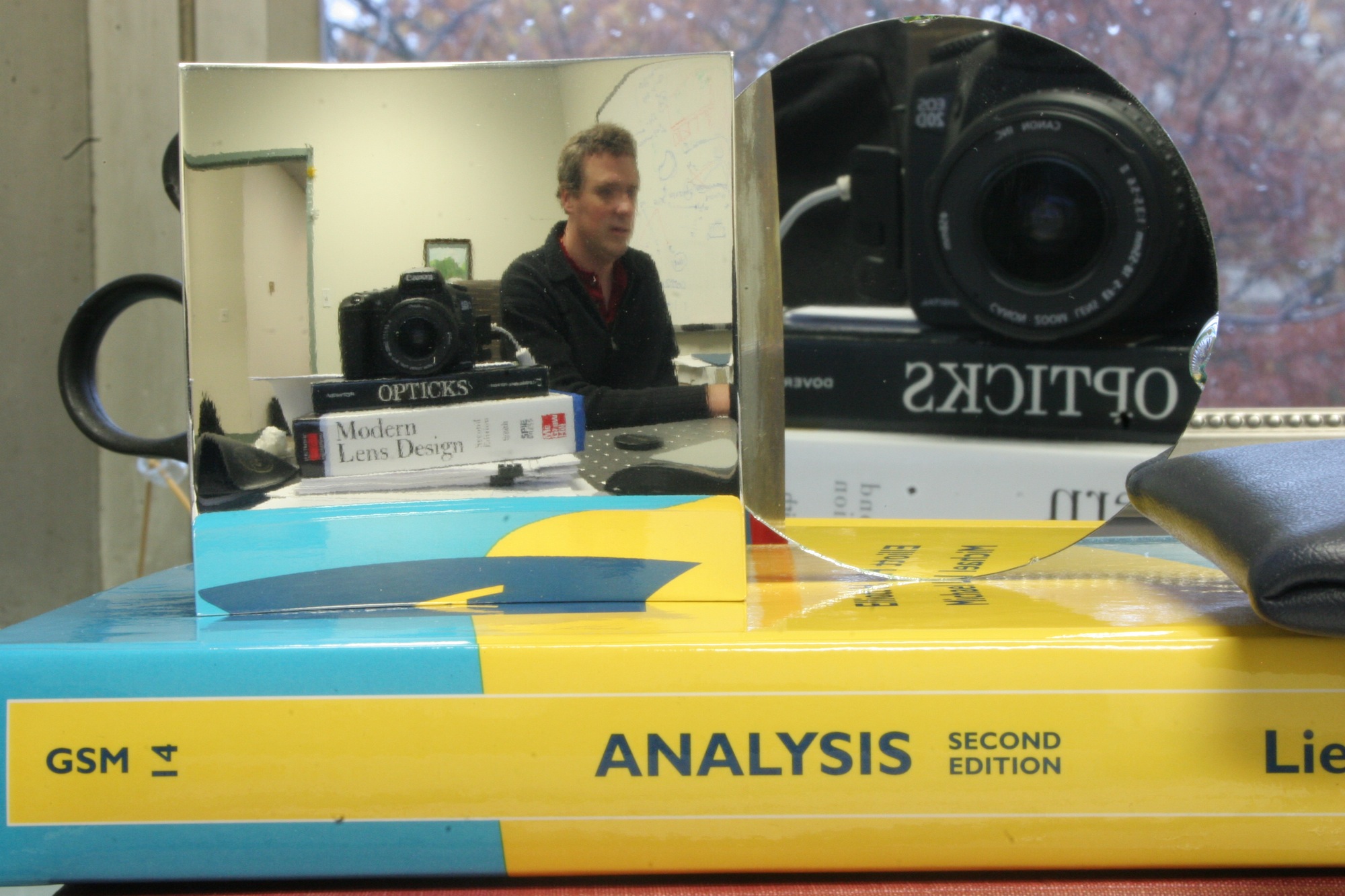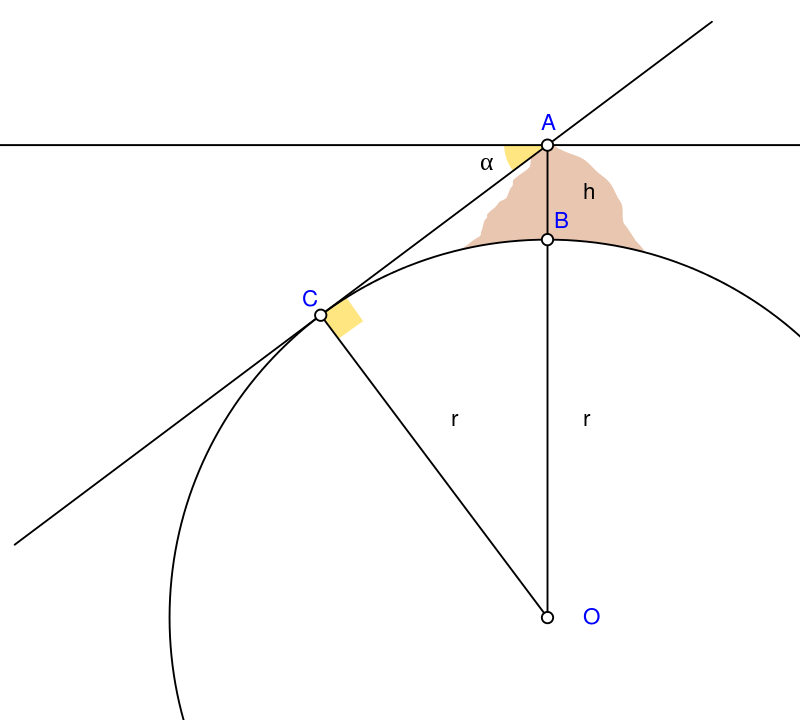First of all, sorry if this post is not appropriate for this forum.
I have a habit that every time I read a beautiful article I look at the author's homepage and often find amazing things.
Recently I read a paper of Andrew Hicks and when I opened his homepage I found many links about his invention: Flawless wing mirrors (car mirror).
I would not be surprised if this invention was made by a non-mathematician. His mirror is an amazing invention to me because every day I see it, but didn't know its inventor is a mathematician! Anyway, I want to ask
Question 1: Are there mathematicians who have done outstanding/prominent non-mathematical work like inventions, patents, solving social/economical/etc. problems, papers in these areas, etc.?
Of course, one can say that almost all technology nowadays is based on the work of mathematicians, but I'm asking for specific contributions/innovations.
I want to ask a similar question (Maybe it will be useful for those who are looking for a job!):
Question 2: Which mathematicians are working in non-mathematical areas/companies?
Note: Please add to your answers the name and the work of the mathematician.


